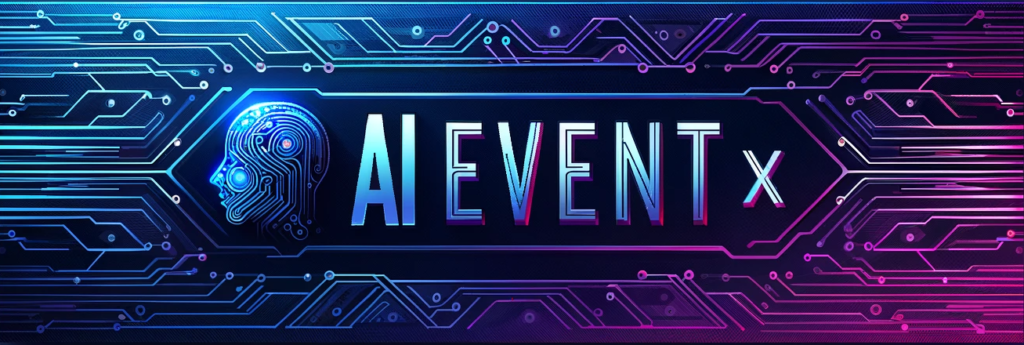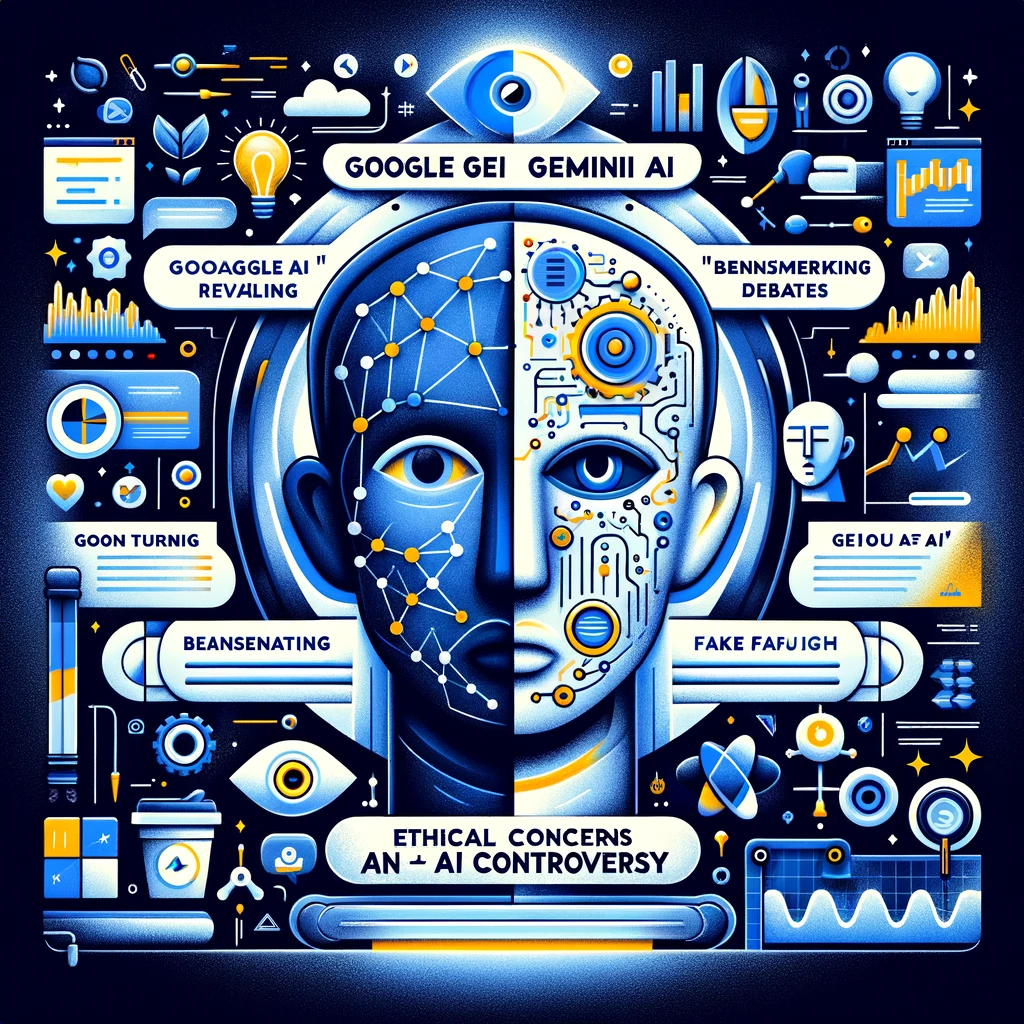Google’s latest groundbreaking artificial intelligence model, Gemini, launched on December 6, 2023, is a monumental advancement in AI technology. This AI model is designed to mirror human-like behaviors, significantly transforming how we interact with technology and enhancing the capabilities of AI-powered applications. Gemini’s introduction has ignited discussions about the potential and challenges of cutting-edge AI technologies, particularly in its comparison with other AI models like ChatGPT and Grok.
The Emerging AI Rivalry: Google Gemini vs. OpenAI’s GPT-4
In the dynamic world of artificial intelligence, the recent launch of Google’s Gemini AI, positioned as a rival to OpenAI’s GPT-4, has stirred up significant attention and controversy. Touted for its exceptional capabilities in three distinct sizes – Ultra, Pro, and Nano – Gemini’s entry into the AI market was marked with high expectations. However, unfolding events have raised questions about its purported superiority over GPT-4, igniting a debate that delves into the complexities of AI development and benchmarking.
Scrutinizing the Claims: Benchmarking and Methodology
The core of the controversy lies in the comparison between Gemini and GPT-4, especially in the Massive Multitask Language Understanding (MMLU) benchmark. Industry experts, including Bindu Reddy, CEO of AbacusAI, have highlighted potential discrepancies in Google’s benchmarking methods. According to Reddy’s analysis, Gemini’s performance in Chain of Thought prompting (CoT@32) does not necessarily translate to an overall advantage over GPT-4 in the standard 5-shot learning benchmark.
This critique has sparked a broader discussion about the reliability and transparency of AI benchmarking methods, emphasizing the need for standardized evaluation criteria in the AI industry.
Debunking the Demo: Real Capabilities vs. Staged Presentations
Another aspect fueling the controversy is the skepticism around Google’s demonstration video of Gemini. Critics have pointed out that the demo, showcasing Gemini’s multimodal and reasoning abilities, may have been exaggerated. Clint Ehrlich, an attorney and computer scientist, argued that the video misrepresented Gemini’s video processing capabilities, requirement for detailed prompting, and audio communication skills.
These allegations raise ethical concerns about AI representations and the accountability of tech companies in accurately portraying their products’ capabilities to the public.
Gemini’s Potential and Limitations
Despite the debates and critiques, it’s important to acknowledge Gemini’s potential in the AI landscape. The model’s introduction highlights Google’s commitment to advancing AI technology, particularly in areas like multimodal understanding and reasoning. However, as with any emerging technology, Gemini is subject to limitations and ongoing development. The model’s true effectiveness and versatility will be better understood as it undergoes further testing and wider implementation.
Legal and Ethical Considerations
As artificial intelligence (AI) continues to advance, it is crucial to address the legal and ethical considerations surrounding AI-generated content.
The need for regulations and guidelines in AI content generation
With the emergence of AI-generated content, there is a growing need for regulations and guidelines to ensure transparency, accountability, and accuracy. Without proper oversight, AI-generated content can easily be misleading or manipulated.
Regulations should focus on issues such as:
- Disclosing when content is generated by AI, to prevent confusion or deception.
- Ensuring compliance with copyright laws and intellectual property rights.
- Protecting against the spread of false information or misinformation.
- Safeguarding privacy and data protection, as AI algorithms often rely on extensive data.
By implementing regulations, policymakers can strike a balance between promoting innovation and protecting the interests of individuals and society as a whole.
Ethical implications of AI-generated fake content
One major ethical concern related to AI-generated content is the potential for the creation and dissemination of fake content. AI algorithms can generate highly realistic text, images, and videos, making it difficult to distinguish between real and fabricated content.
This poses significant risks, including:
- Spreading disinformation or fake news, which can have severe societal consequences.
- Manipulating public opinion or influencing elections by generating biased or misleading content.
- Undermining trust and credibility in media sources and public information.
To mitigate these ethical concerns, it is crucial to raise awareness about the existence of AI-generated content and develop strategies to authenticate and verify the authenticity of the content. This includes educating users on how to critically evaluate and fact-check information.
Additionally, ethical frameworks and guidelines should be established to ensure that AI systems are designed and used responsibly, with a focus on transparency, fairness, and accountability.
In conclusion, the legal and ethical considerations surrounding AI-generated content warrant careful attention. Proactive efforts, such as implementing regulations and ethical guidelines, are necessary to ensure that AI technology is used responsibly and in a manner that benefits society as a whole.
Balancing Expectations with Reality
The unfolding story of Google Gemini’s capabilities versus the alleged shortcomings represents a microcosm of the broader challenges faced in AI development. As AI technology becomes more advanced and integrated into various sectors, the need for clear, transparent, and ethical communication about these technologies’ capabilities becomes increasingly important. Consumers and developers must navigate the hype surrounding new advancements with a critical eye, balancing excitement with realistic expectations.
Conclusion
The “Google Gemini AI Fake” controversy sheds light on the intricate and fast-paced world of AI technology. It highlights the importance of rigorous benchmarking, ethical demonstrations, and clear communication in the AI sector. As Gemini and GPT-4 continue to evolve, they serve as a reminder of the boundless possibilities and inherent challenges in the advancement of artificial intelligence. This episode underscores the importance of maintaining integrity, transparency, and accuracy in the rapidly evolving field of AI, ensuring that its growth is guided by ethical principles and a commitment to the truth.

